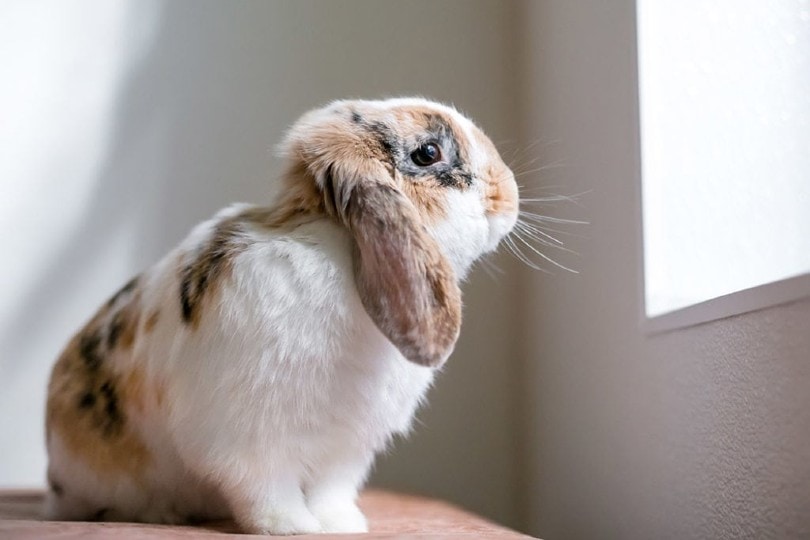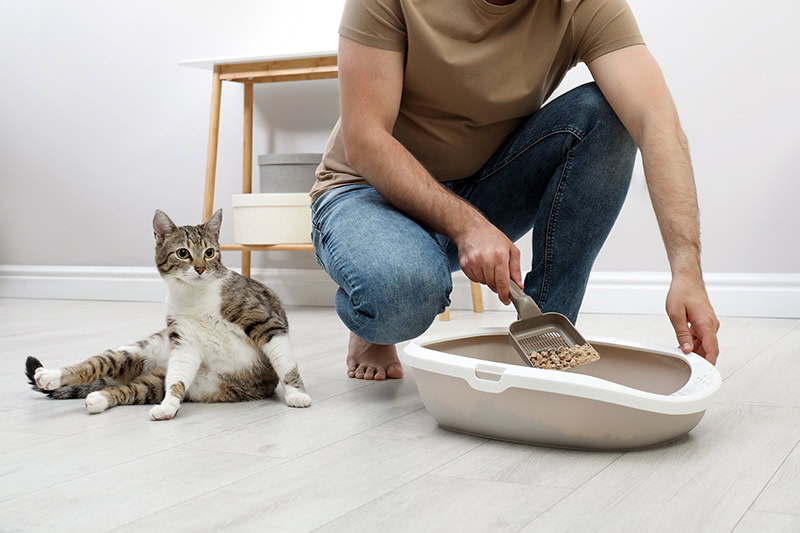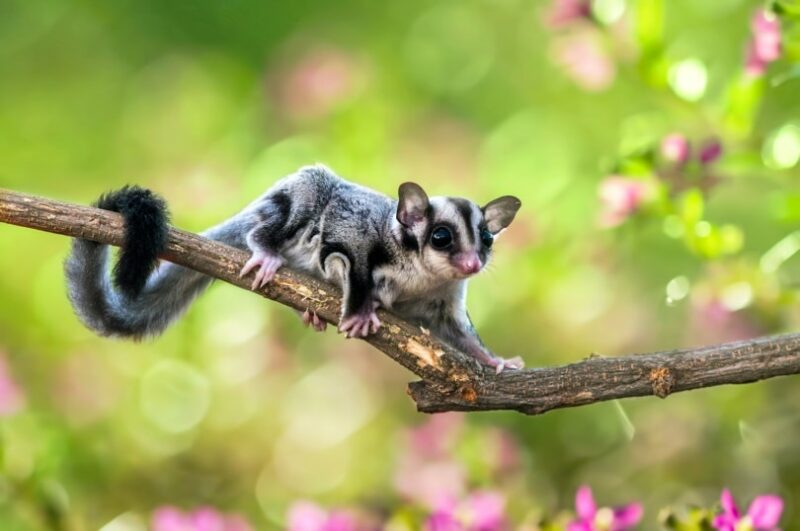Rabbits are generally happy-go-lucky animals that love to explore and express themselves in various ways. However, they’re more sensitive to environmental pressures and predator stress. Like humans, rabbits can also become sad or depressed. Fortunately, we’ll discuss several signs you can look for that indicate sadness and depression in rabbits.

The 10 Signs Your Rabbit Is Sad or Depressed
1. Lack of Appetite
Rabbits love to eat. They can be seen eating alfalfa hay regularly throughout the day and never seem to turn down the treats their human companions offer them. However, when a rabbit becomes sad or depressed for any reason, they may shy away from snacks and eat less of their food during mealtimes. They might only nibble on food or stop eating altogether.
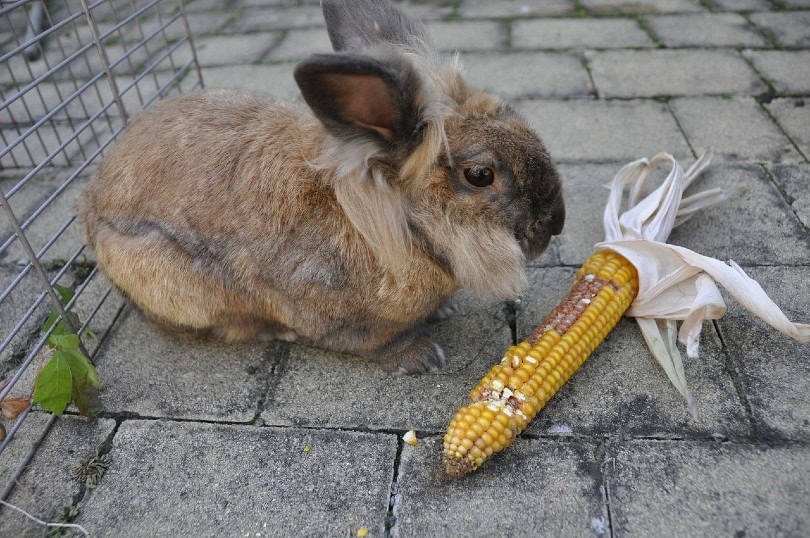
2. Frequent Pacing
Pacing around their habitat occasionally can mean that your rabbit is bored and needs new toys to chew on or should be let out of the habitat to stretch their legs. However, if your rabbit is pacing back and forth, whether in the habitat or out, there is a good chance that they are feeling sad or depressed. An excellent way to tell is to provide more interaction and entertainment to your rabbit to see if the pacing stops.
3. Tendency to Hide
Another sign of depression is a tendency to hide, especially for rabbits that are not shy. A rabbit might run and hide when a stranger visits the house or the dog barks for some reason, which is normal due to being startled or afraid. However, if your rabbit is hiding away in a den or corner for hours at a time, there is likely a mental or health reason for it, like depression. Depressed rabbits hide in dark places where other rabbits and people cannot easily reach them.
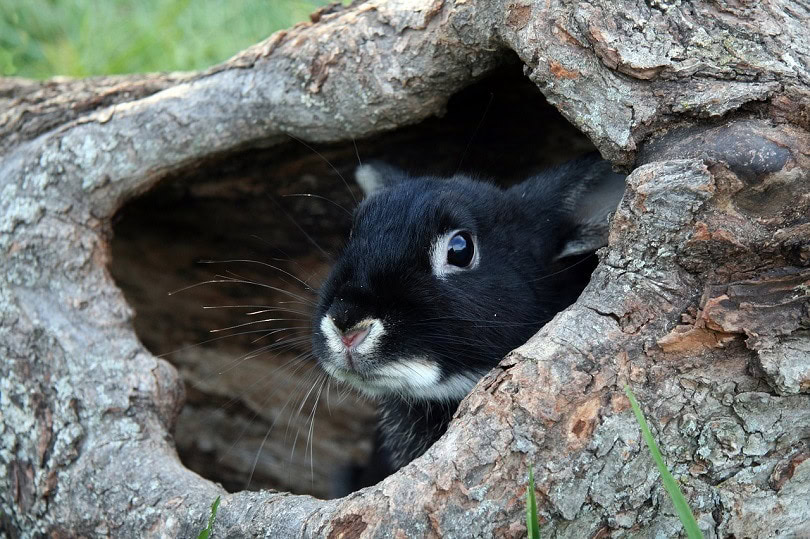
4. Onset of Biting
Rabbits chew on things all day long to keep their ever-growing teeth from getting out of control. If wooden toys and other interactive objects are available to chew on, they should do so happily during the day. However, if your rabbit starts biting their cage, their food or water dish, or people, they could be displaying sadness or depression.
5. Overgrooming Habits
This is a subtle sign that can be hard to spot if you do not keep a close eye on your rabbit’s regular habits because grooming is something that rabbits spend a great deal of time doing. If a rabbit becomes depressed, they might spend most of their time grooming themselves even when the practice is unnecessary. If you notice that your rabbit is grooming more often than usual, especially if it’s resulting in bald patches, look for other signs that sadness or depression is present.
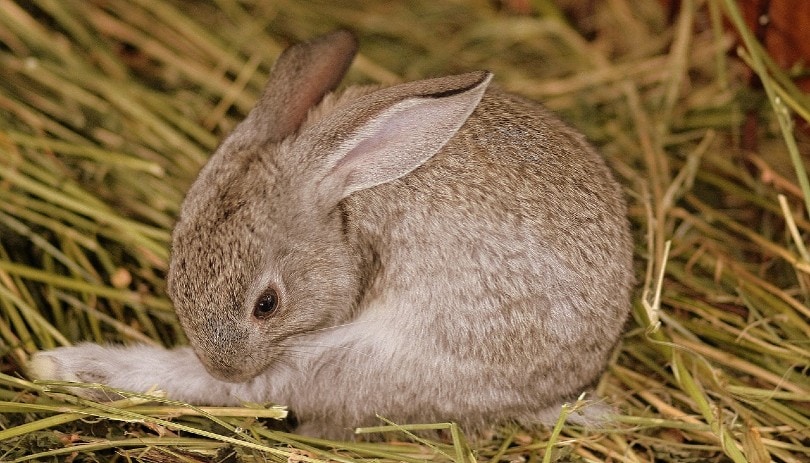
6. Obvious Lethargy
Lethargy seems to be a universal sign of depression among living creatures. Depression results in a lack of interest in life overall, so losing the desire or need to play, run around, and explore should not be a surprise. If you start to notice that your rabbit is lacking interest in its normal activities, it may be time to assess the animal for depression.
7. Difference in Posture
Bunny rabbits that are sad or depressed tend to take on a “hunching” posture that makes them look uncomfortable. A depressed rabbit will not usually lie down and relax. Instead, they will sit up with their backs hunched and their eyes slightly closed, ignoring what is happening around them. Their ears may droop, and they will not move much unless urged to do so or the need arises.
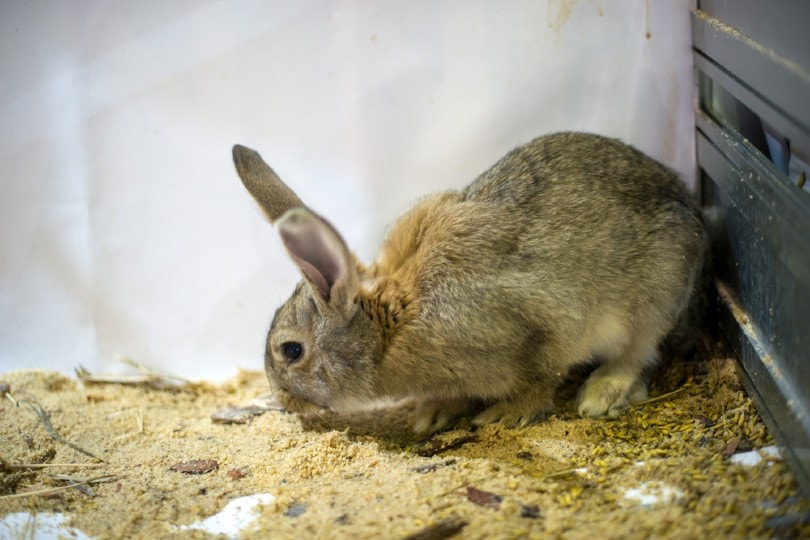
8. Being Antisocial
A sad or depressed rabbit does not feel like being social, even with their favorite human companions. An antisocial attitude for more than a day could mean that depression has set in. However, if your rabbit gets antisocial only occasionally or for a short period, depression is likely not the issue. Temporary sadness could be due to a change in their environment or a separation from a rabbit companion.
9. Smaller-Sized Poop
If a rabbit becomes depressed and stops eating or drinking enough, their stools will become smaller and drier. A rabbit’s poop should be about the size of a pea. However, depressed rabbits that are not eating or drinking water properly can pass poop that is half that size. Instead of moist pellets that a healthy rabbit drops, the smaller pellets look dry and may crack apart when moved, stepped on, or cleaned up.
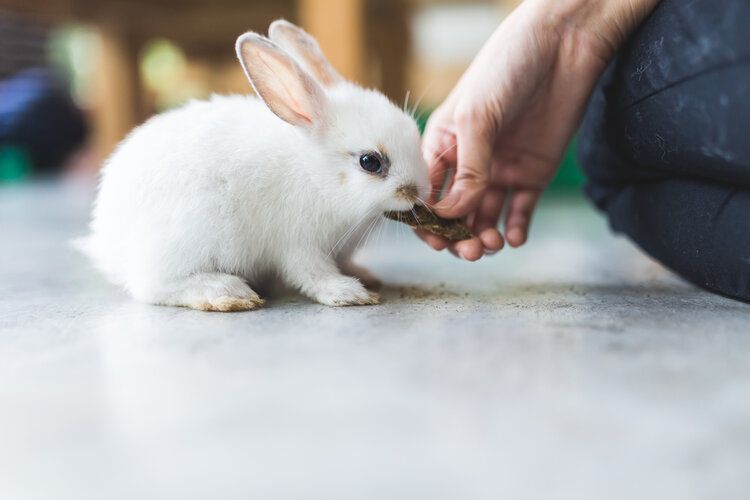
10. Destructive Behavior
Another sign to look for that could indicate depression in your rabbit is destructive behavior. Some rabbits are naturally destructive when they explore, which would not indicate any sadness. But if your rabbit starts to destroy their habitat for seemingly no reason or becomes destructive when they never have been before, there is a reason for it, which could be depression.

Reasons That Your Rabbit May Become Sad or Depressed
Rabbits can become sad or depressed for several reasons, including loneliness and boredom. A habitat that is too small to move around and explore can also lead to depression. Being unwell, a sudden change in environment or routine, and traumatic experiences can all be sources of sadness or depression, even if the changes are temporary.
Once you spot signs of sadness or depression in your rabbit, it is up to you to figure out what sparked the change in their mental health. Your veterinarian can provide you with expert guidance and advice to help your rabbit overcome their depression and become the happy and healthy animal that they deserve to be.


Final Thoughts
Keep an eye on your rabbit’s behavior daily to determine whether any changes are developing that need to be addressed. The sooner that you spot signs of sadness and depression, the easier it will be to help your beloved pet feel better and become their normal selves again. Although you can help your rabbit with their depression, it’s always a good idea to visit your veterinarian to rule out a health condition or injury.
Featured Image Credit: Mary Swift, Shutterstock
Contents
- The 10 Signs Your Rabbit Is Sad or Depressed
- 1. Lack of Appetite
- 2. Frequent Pacing
- 3. Tendency to Hide
- 4. Onset of Biting
- 5. Overgrooming Habits
- 6. Obvious Lethargy
- 7. Difference in Posture
- 8. Being Antisocial
- 9. Smaller-Sized Poop
- 10. Destructive Behavior
- Reasons That Your Rabbit May Become Sad or Depressed
- Final Thoughts
